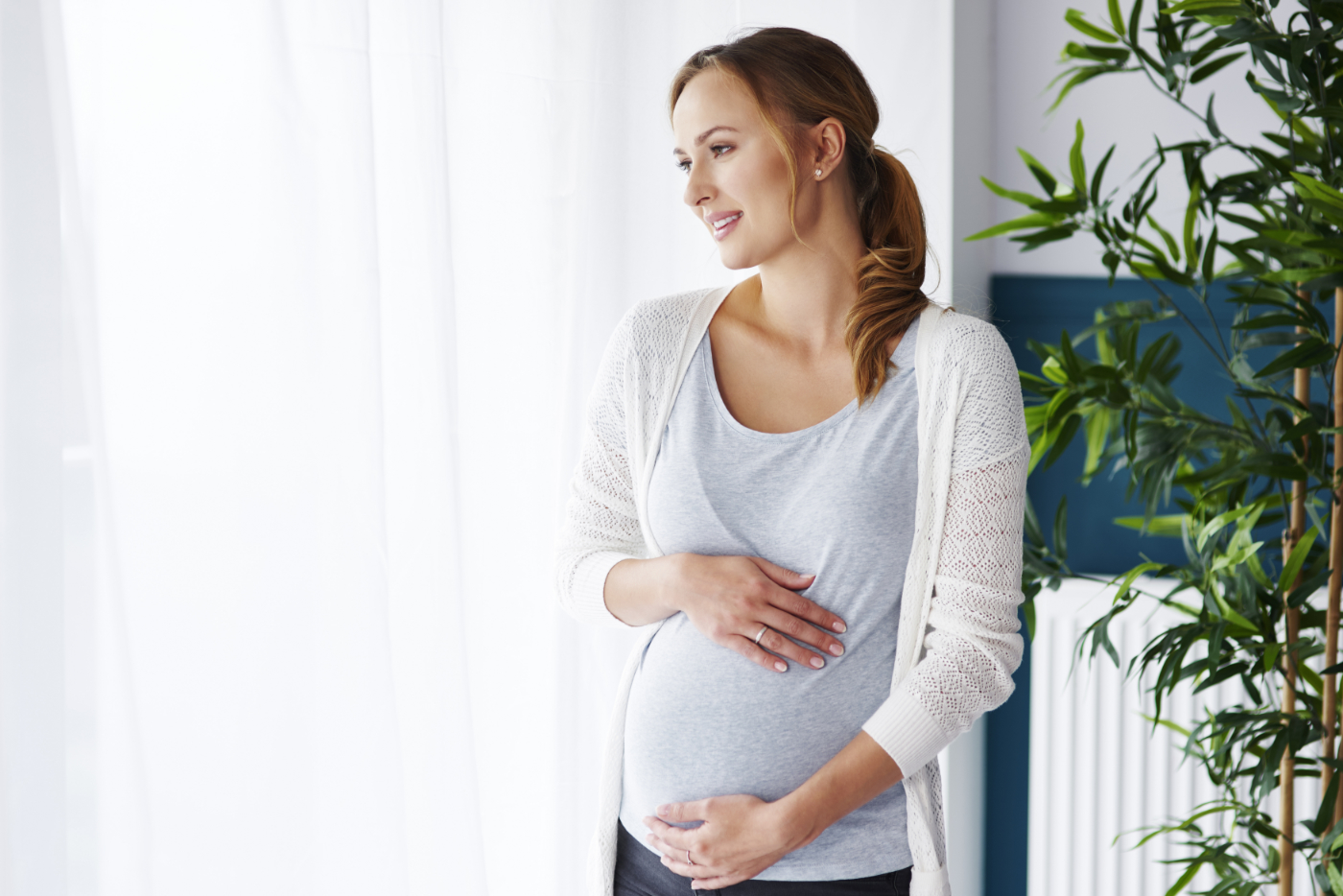 It’s a common question: Is it safe to drink tea while pregnant or breastfeeding? The simple answer: Yes, it’s safe, in moderation.
It’s a common question: Is it safe to drink tea while pregnant or breastfeeding? The simple answer: Yes, it’s safe, in moderation.
There are, of course, a few caveats.
First, “always check with your healthcare provider about any dietary issues, including teas and herbs, as they can potentially interact with some medications and cause side effects,” says Dr. Nada Milosavljevic, a Harvard-trained physician and Certified Tea Specialist.
And it’s wise to limit caffeine.
“The literature has generally suggested the risk from caffeine to humans during pregnancy is low but present,” says Milosavljevic, who is director of the Integrative Health Program at Massachusetts General Hospital and a faculty member at Harvard Medical School.
Typically, it’s suggested that pregnant women who consume caffeine should limit their intake to less than 200mg/per day. An eight-ounce cup of tea has 26 mg. of caffeine, according to the U.S. Department of Agriculture. The Specialty Tea Institute estimates that a cup of tea has about 40 mg. of caffeine.
Something to keep in mind, Milosavljevic adds, is that caffeine is metabolized more slowly in pregnant women and easily crosses the placenta.
“Although the risk from small doses of caffeine are generally low, several studies have shown moderate to heavy caffeine consumption increases the risk for spontaneous abortion and IUGR (intrauterine growth restriction),” she says.
There are some studies that have associated caffeine, along with cigarette smoking and alcohol, with IUGR, she notes. IUGR is defined as fetal weight that is below the 10th percentile for gestational age during pregnancy, as determined through an ultrasound.
For this reason, she notes, to be safe, some women decrease or omit caffeine from their diet during pregnancy.
There are plenty of options to consider if you want to avoid getting too much caffeine; there are lower caffeinated teas and herbal tisanes. How you prepare the tea can also make a difference in how much caffeine it contains.
An added benefit to herbal tisanes is that they can be quite soothing, according to Milosavljevic. “For example, studies have shown that ginger tisane can help with morning sickness and chamomile tisane can sooth an upset stomach. Another is dandelion tisane which can help with morning sickness and also contains nutrients and minerals.”
Also, there’s an herbal tisane, raspberry leaf, which is purported to help strengthen the uterine muscle, she adds. “But, do consult with your healthcare provider and consider this option only for later in your pregnancy.”
Milosavljevic recommends avoiding the herbal tisanes licorice, black cohosh, and berberine.
Breastfeeding & Tea
If breastfeeding, consider that teas and herbs may be passed in the breast milk, Milosavljevic says. “So, those teas and herbs that are safe during pregnancy will likely also be safe after birth. Likewise, the same precautions exercised while pregnant are prudent choices while breastfeeding.”
Dr. Nupur Gupta, the director of Well Woman Clinic in, Gurgaon India, warns breastfeeding women that too much caffeine may affect an infant’s sleeping pattern, since the caffeine is passed through the blood stream and then breast milk to the baby.
“Bear in mind that moderation is the key,” Gupta told The Health Site, an Indian website.
Tea Market
Get More Value from Your Tea: BRU Maker One
+41794574278
Jacque's Organics
(647) 804-7263